Industry
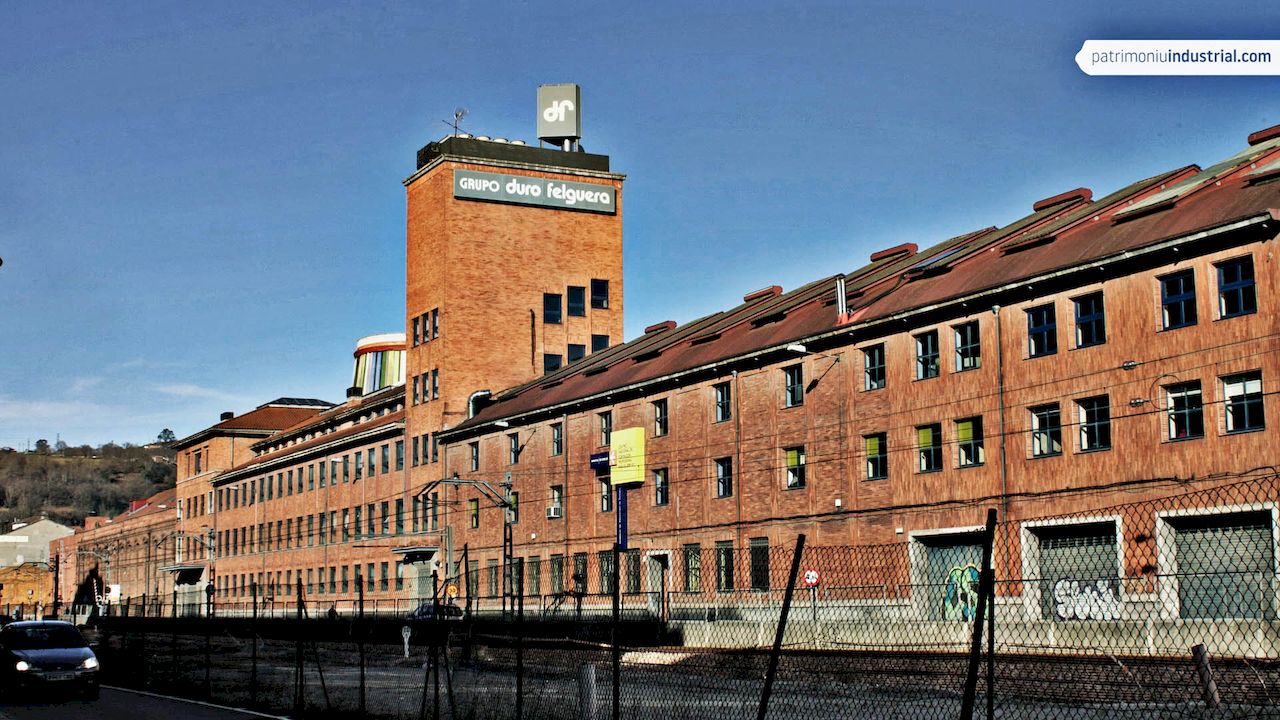
350807324
Duro Felguera Factory
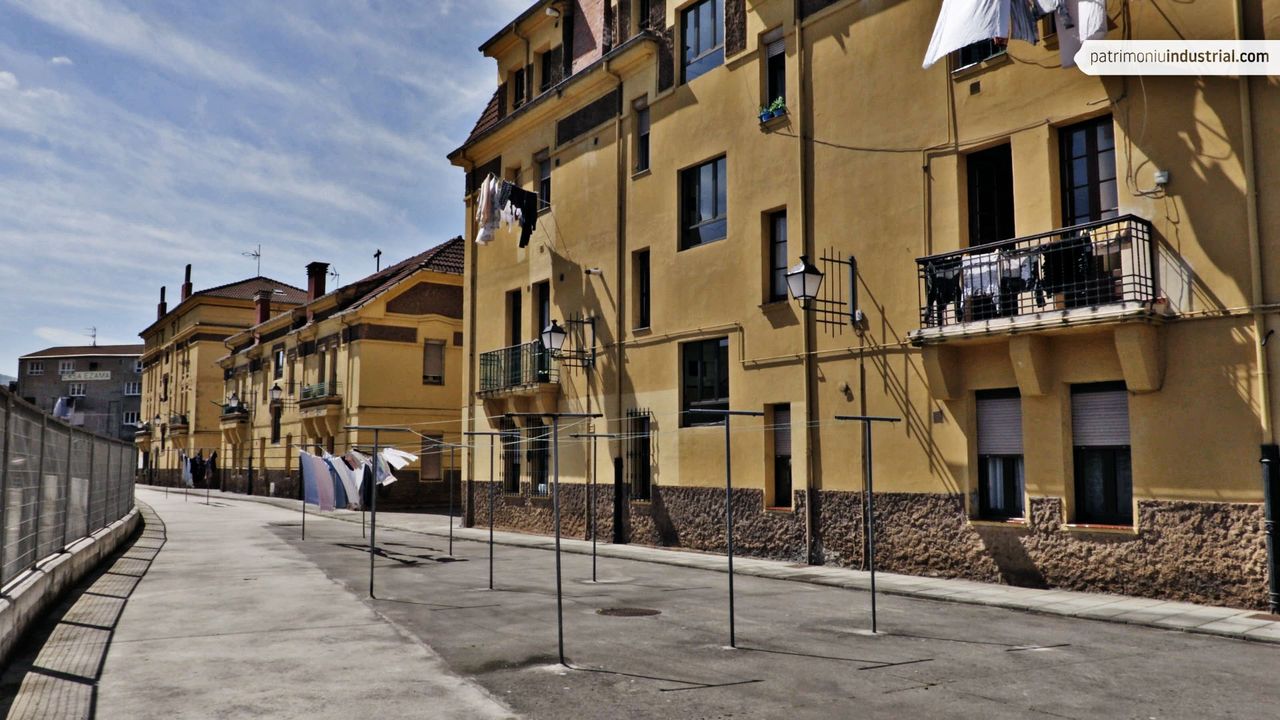
345199847
Urquijo Neighborhood
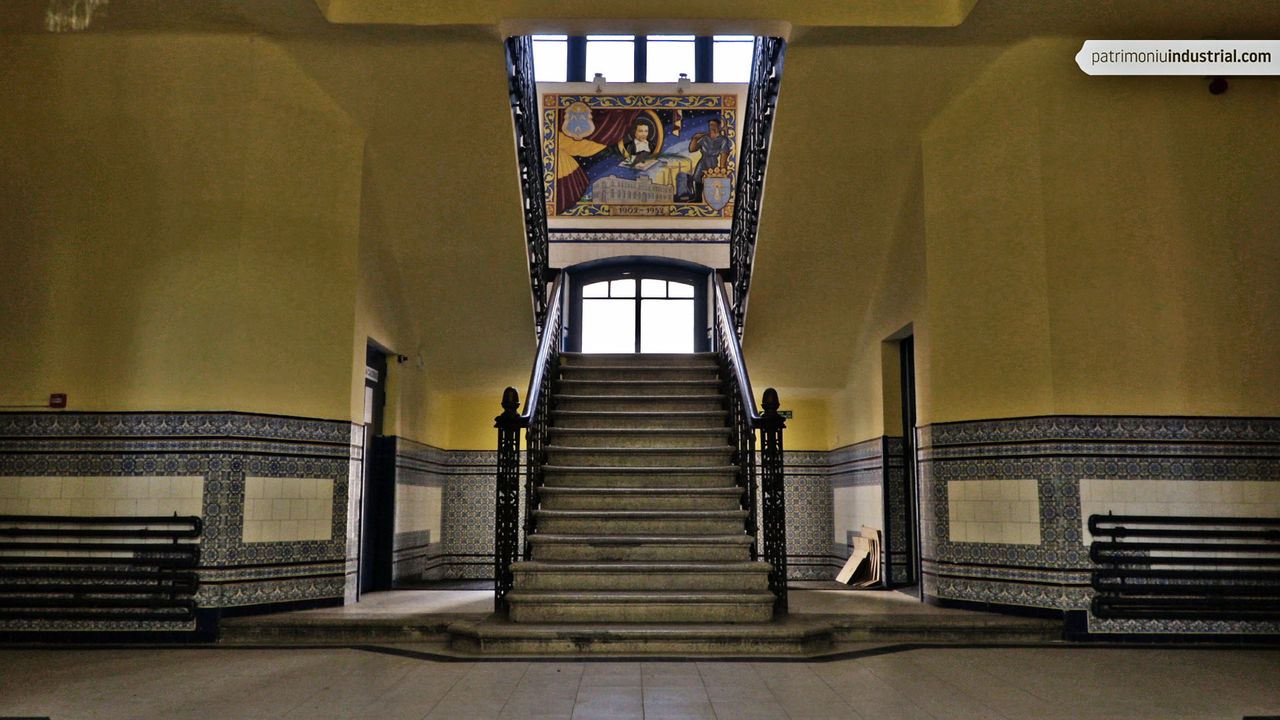
342978819
Trade School
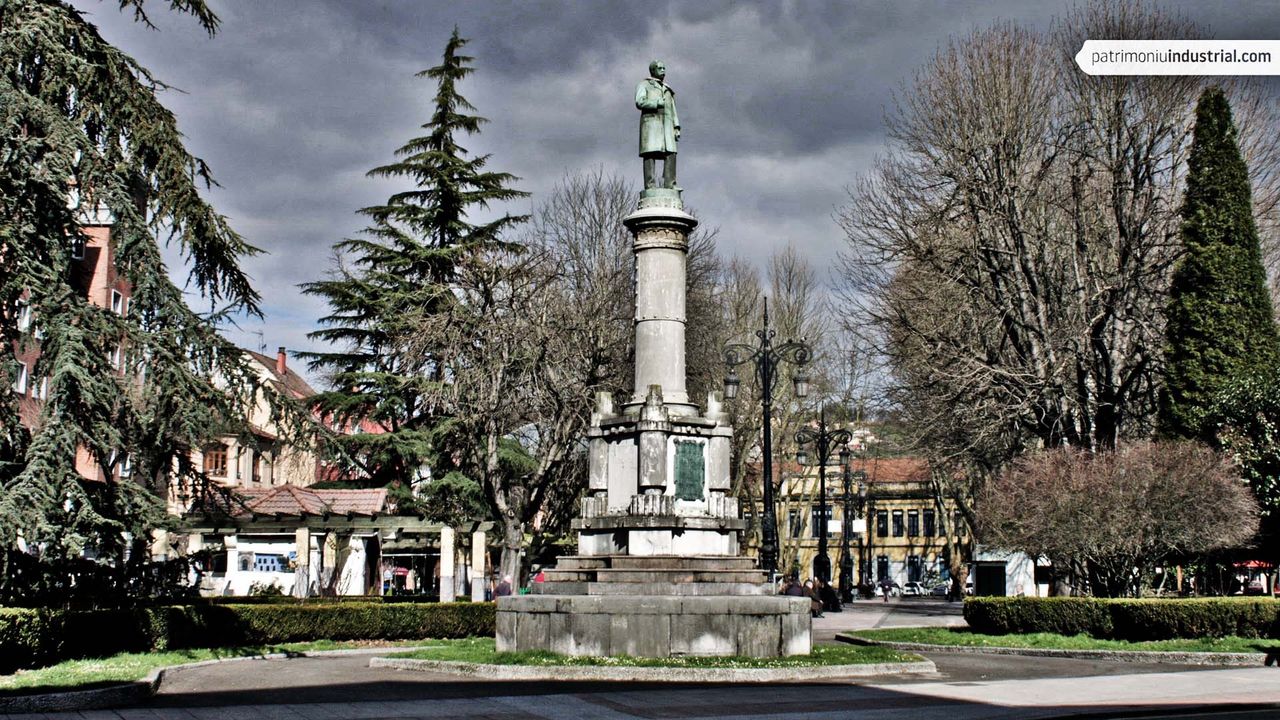
342977775
Dolores Fernández Duro Park
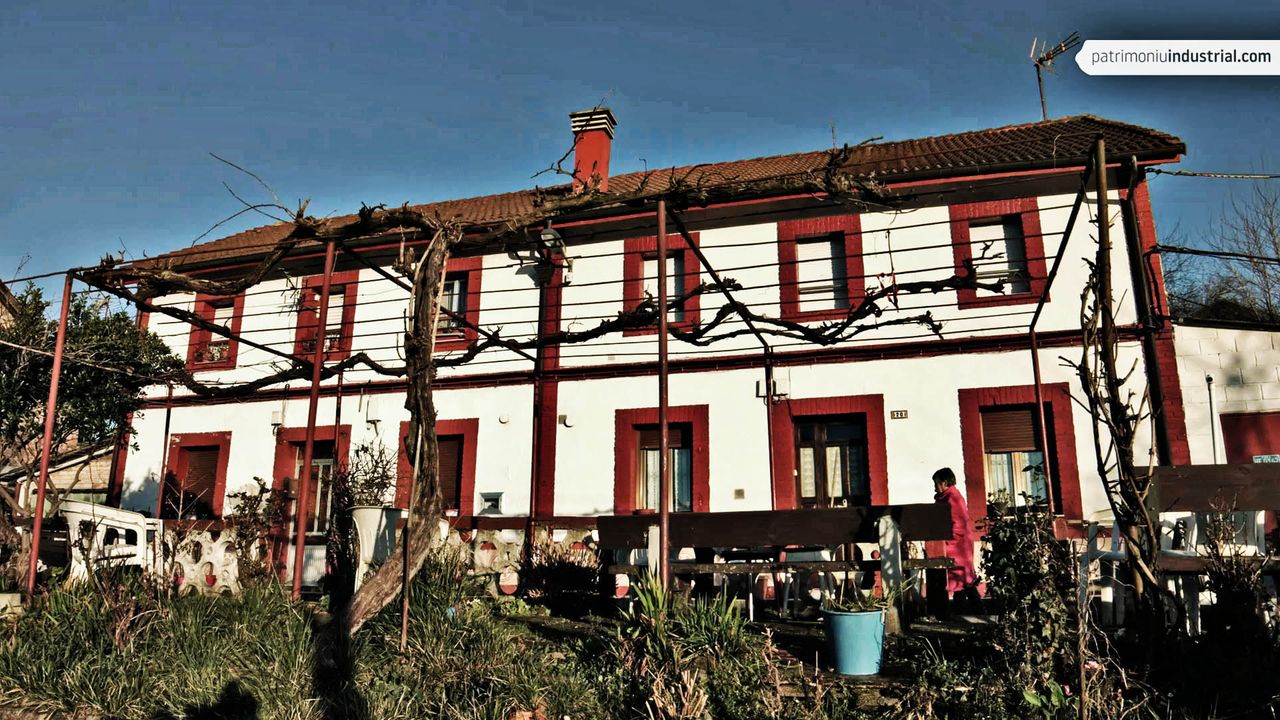
354202894
La Formiguera Barracks
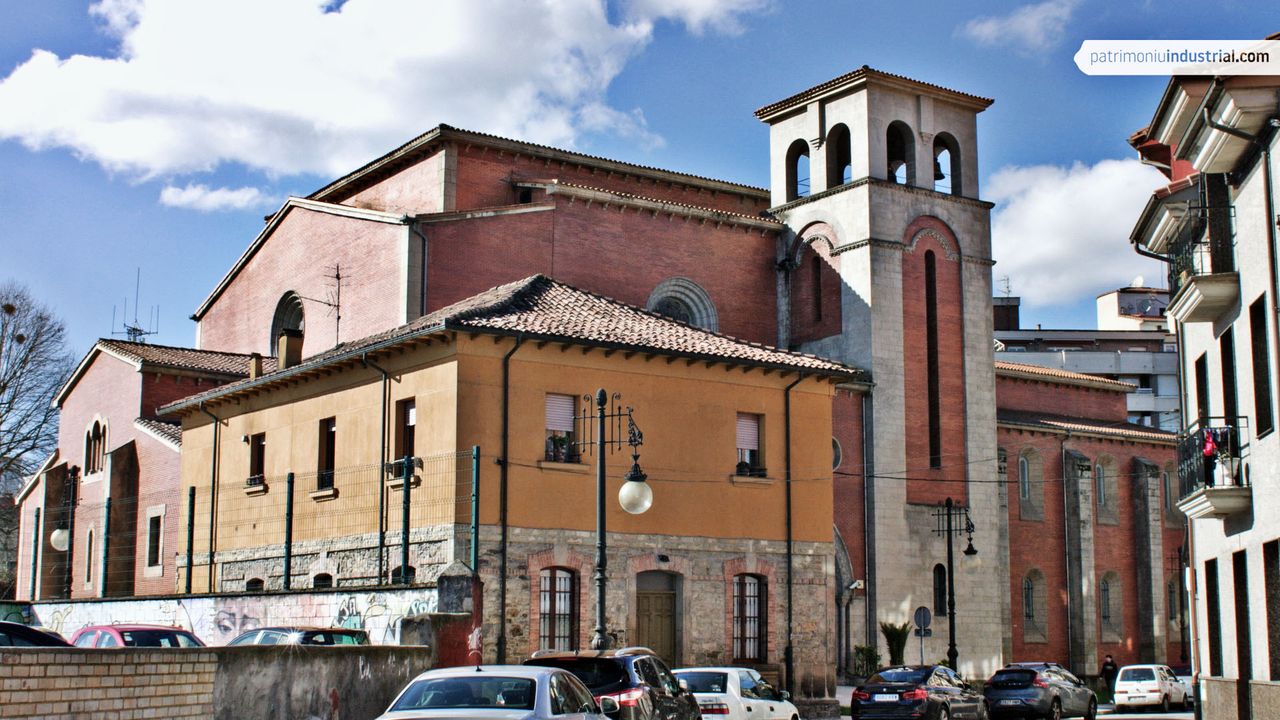
354217213
Duro Felguera Clinic
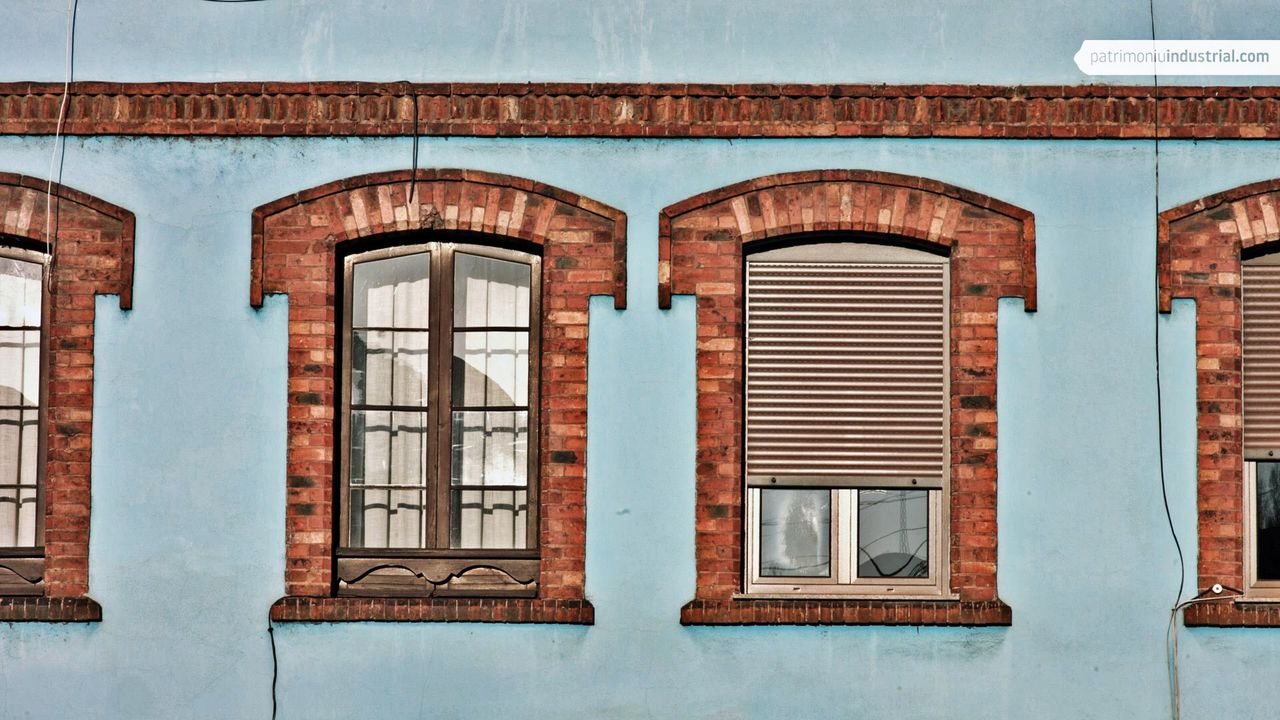
345516614
Conde Sizzo Street
The Dolores Fernández Duro Park, popularly known as the Parque Viejo ("old park"), is intimately linked to the history of La Felguera factory.
Conceived as a place of recreation and to enhance the urban landscape, it was built on a plot granted in 1917 by the Velázquez-Fernández Duro couple to the Langreo City Council. The covered market, designed by the architect Manuel del Busto, was located in the southern part of the plot, which had previously been used as an orchard by the De la Salle friars.
The park is named after Dolores Fernández Duro, Marquise of La Felguera and Pedro Duro Benito's granddaughter, founder of the Duro y Cia company. The commemorative monument dedicated to him that presides over the enclosure was made by the Catalan sculptor Jerónimo Suñol in 1895 and was originally located inside the metallurgical plant. The full-body bronze effigy is raised, in accordance with the nineteenth-century tradition, on a marble pedestal on which various motifs alluding to the iron and steel industry are displayed, headed by a chimney and gearwheels. The plaque on one of its fronts reads eloquently: "This monument will perpetuate forever, in remembrance and honour to whom was able to give glory to La Felguera, Asturias and Spain with his unimpeachable honesty and great intelligence".
As far as the layout is concerned, the park has an irregular, elongated plan and is bordered by a perimeter walkway. Its interior is arranged in graticules by means of parterres and it is crossed by a street lengthwise. There are different pieces of furniture, among which the five cast-iron lampposts located in the central area, manufactured at the plant in La Felguera, are particularly noteworthy.
In this central space there is also another singular element, the music kiosk, built in the third decade of the 20th century. The polygonal-shaped bandstand, raised on a stone base, has cast-iron columns that bear the dome roof, assembled on a wooden structure and topped with a lantern covered with zinc scales.

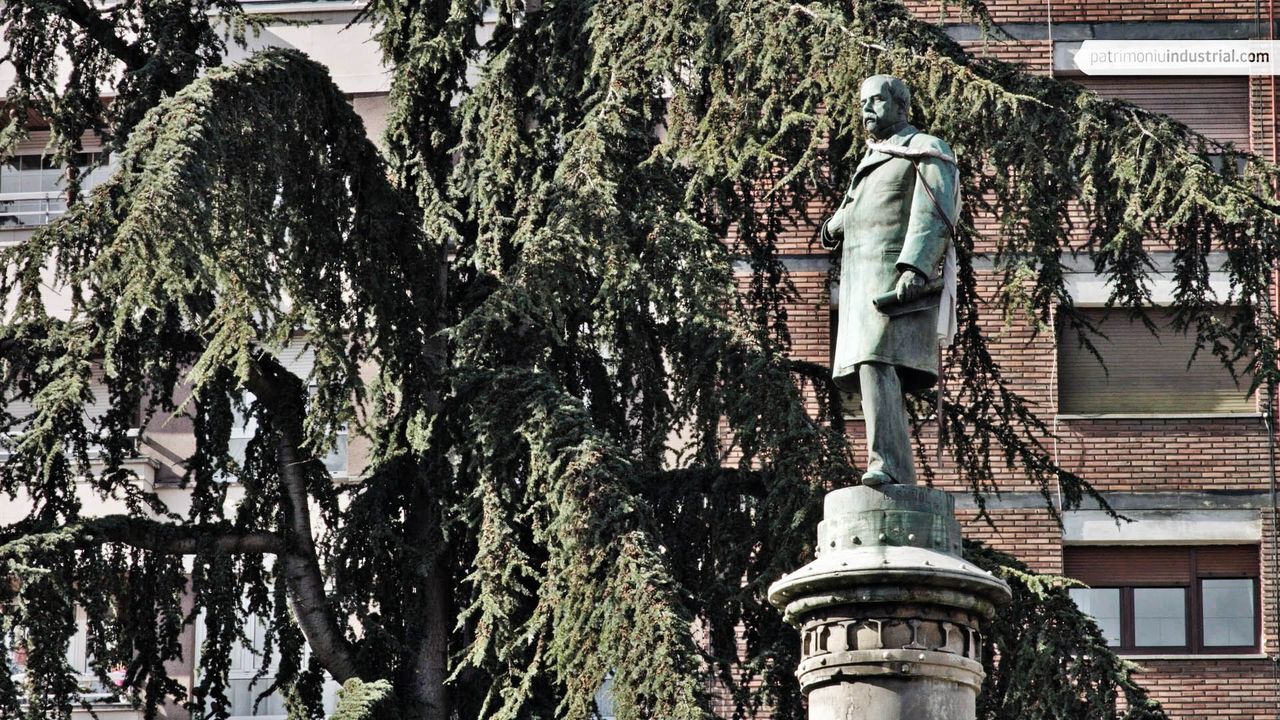
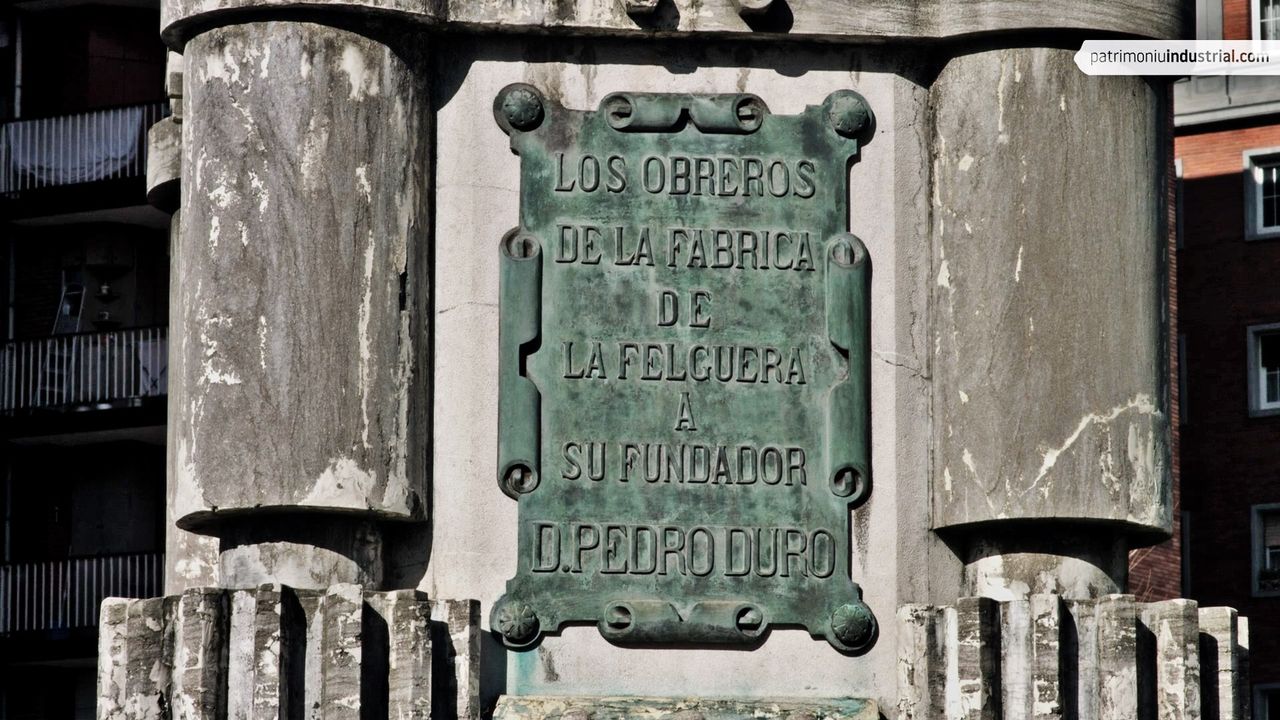

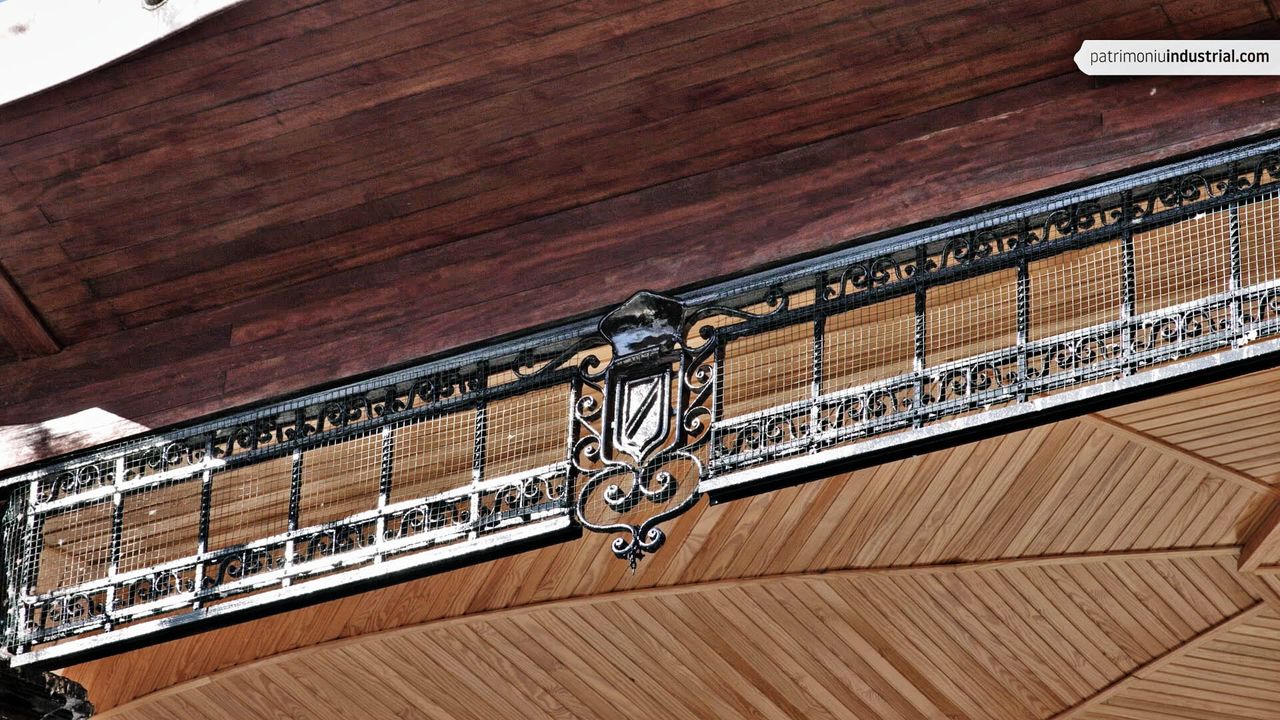
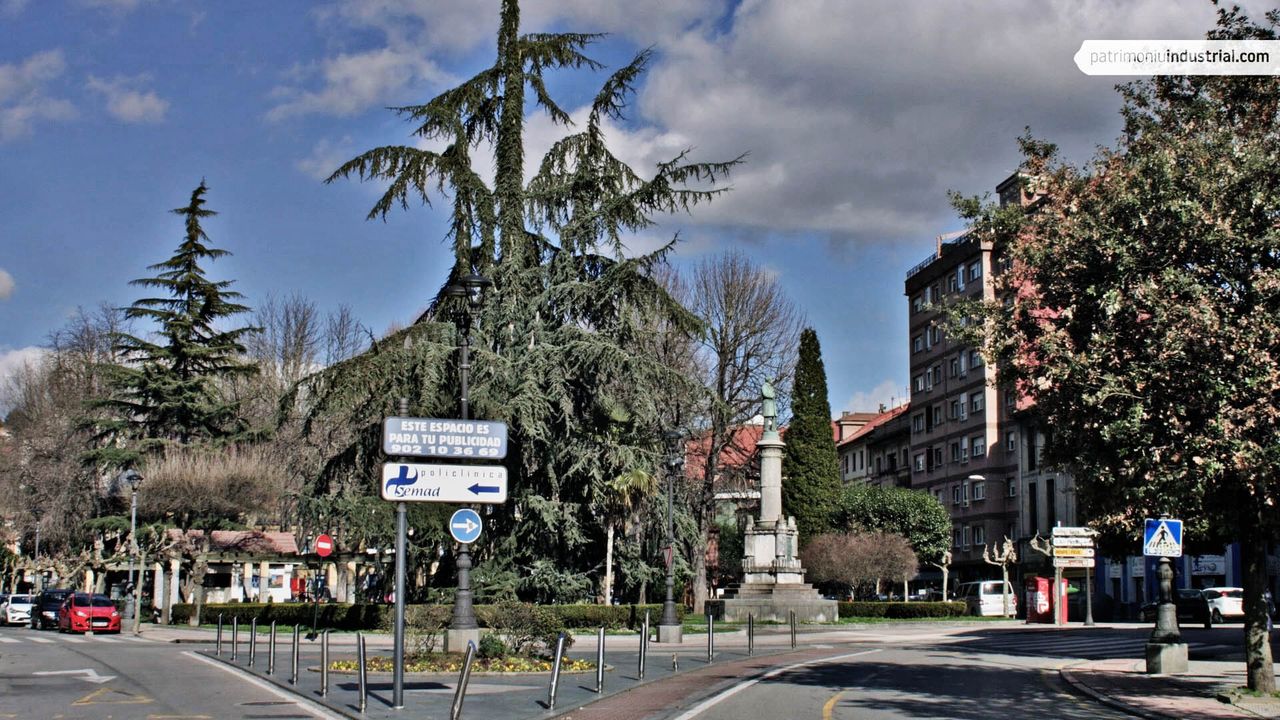
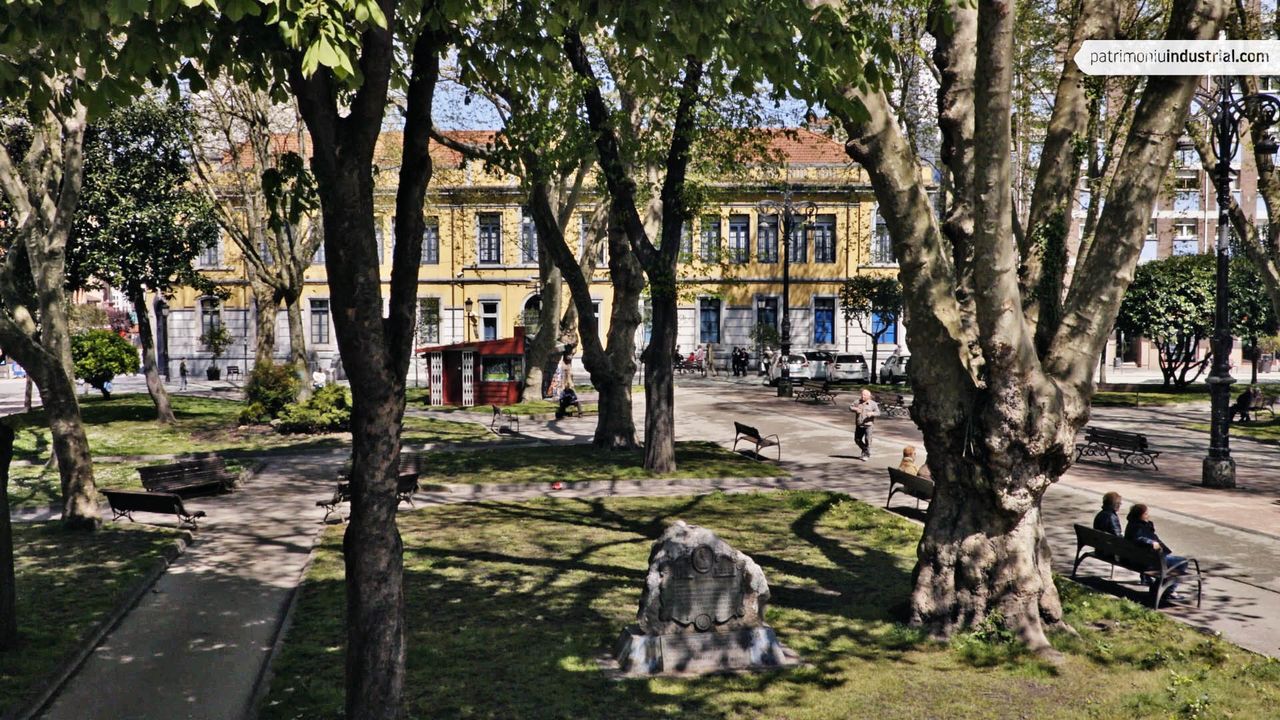
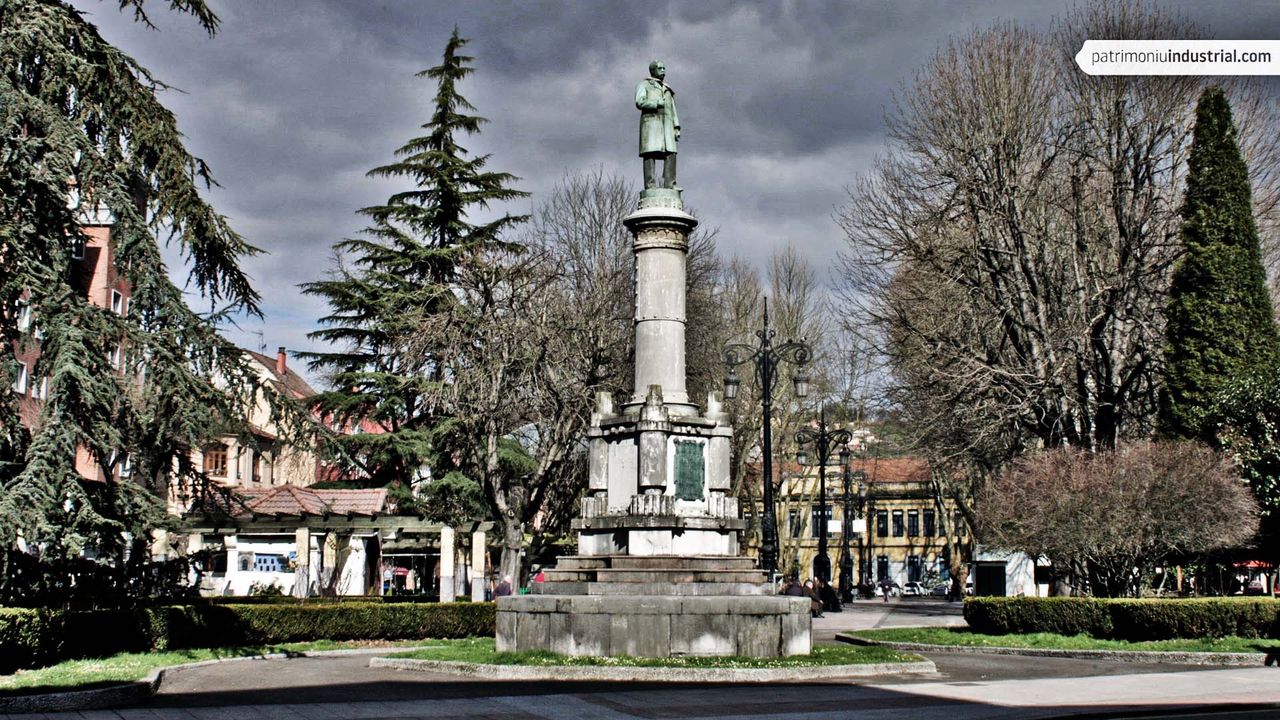


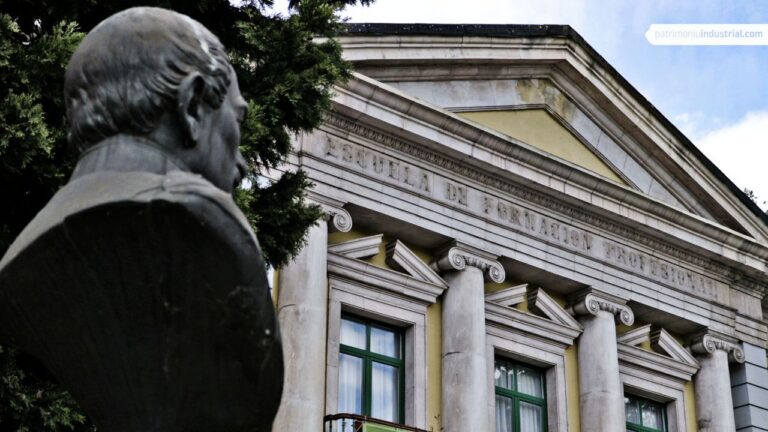

Recent Comments